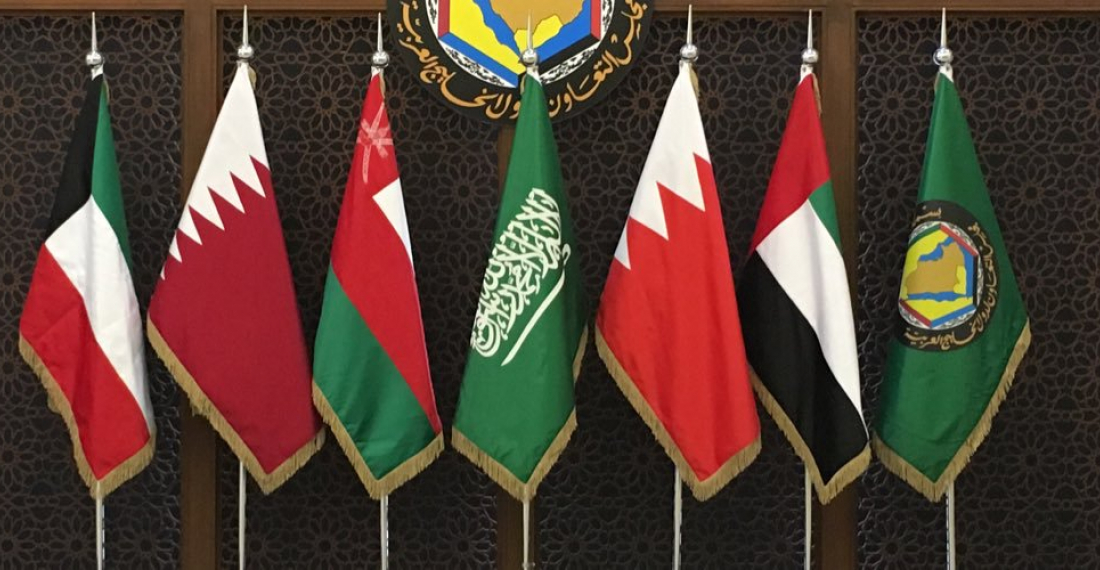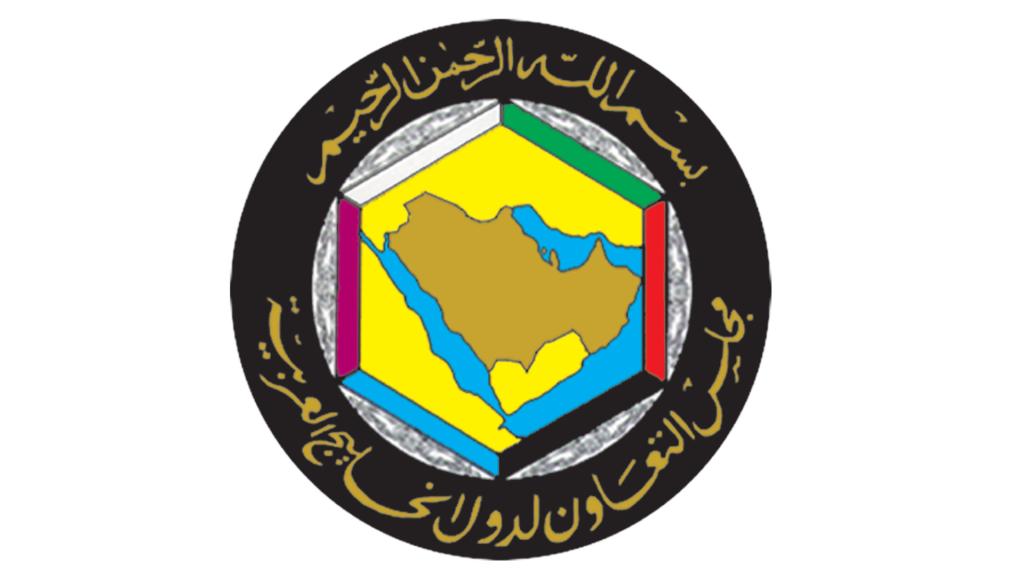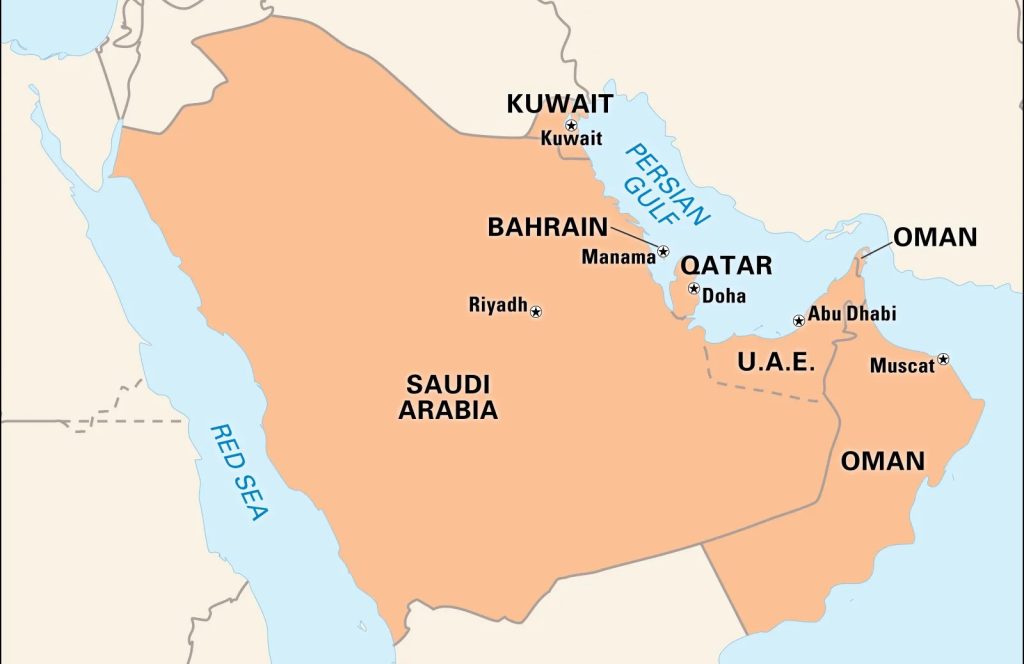How GCC residents can apply for e-visa for 6 GCC countries

Complete guide to follow
The six Gulf Cooperation Council (GCC) countries—Bahrain, Kuwait, Oman, Qatar, Saudi Arabia, and the United Arab Emirates (UAE)—offer GCC-based residents a unified tourist visa/permit to streamline visa processes and enhance regional travel.
This is a comprehensive guide for GCC-based residents to navigate the e-visa processes for all six GCC countries.

Bahrain
Bahrain provides various visit visa options for GCC residents, including single and multiple-entry visas. On-arrival visa services are also available for eligible individuals.
Process:
- Visit Bahrain’s e-visa website here: https://www.evisa.gov.bh/
- Create an account.
- Complete the online visa application form.
- Upload documents, including passport, GCC country visa, and photograph.
- Pay the visa fee online.
- Submit the visa application.
- Await e-visa approval via email.
Kuwait
Kuwait’s e-visa for GCC-based residents is valid for up to 30 days.
Process:
- Visit Kuwait’s e-visa website here: https://evisa.moi.gov.kw/
- Create an account.
- Complete the online visa application form.
- Upload documents, including passport, GCC country visa, and photograph.
- Pay the visa fee online.
- Submit the visa application.
- Await e-visa approval via email.
Oman
Oman’s e-visa grants GCC-based residents a stay of up to 28 days, extendable by one week if needed, for OMR5.
Process:
- Visit the Royal Oman Police e-visa website here: https://evisa.rop.gov.om/
- Create an account.
- Complete the online visa application form.
- Upload documents, including passport, GCC country visa, and photograph.
- Pay the visa fee online.
- Submit the visa application.
- Await e-visa approval via email.
Qatar
GCC-based residents can apply for a Qatar e-visa through the Hayya platform. For QAR100, the platform offers 30-day or 90-day options, depending on nationality.
Process:
- Visit Qatar’s e-visa website here: https://e-visa-qatar.com/
- Create an account.
- Complete the online visa application form.
- Upload documents, including passport, GCC country visa, and photograph.
- Pay the visa fee online.
- Submit the visa application.
- Await e-visa approval via email.
Saudi Arabia
Saudi Arabia’s e-visa option allows for stays of up to 90 days within a validity period of one year. Applicants can choose between a single-entry or multiple-entry e-visa, with fees set at SR300 for a single entry.
Process:
- Visit Saudi Arabia’s e-visa website here: https://visa.visitsaudi.com/
- Create an account.
- Complete the online application form.
- Upload documents, including passport, GCC country visa, and photograph.
- Pay the visa fee online.
- Submit the visa application.
- Await e-visa approval via email.
UAE
The UAE’s e-visa grants GCC-based residents a stay of 30 or 60 days. Single entry: AED400, multiple entry (30 days): AED800, multiple entry (60 days): AED1,200.
Process:
- Visit the UAE’s e-visa website here: https://gdrfad.gov.ae/
- Create an account.
- Complete the online visa application form.
- Upload documents, including passport, GCC country visa, and photograph.
- Pay the visa fee online.
- Submit the visa application.
- Await e-visa approval via email.
Why the GCC?
On May 25, 1981, the leaders of the UAE, Bahrain, Saudi Arabia, Oman, Qatar, and Kuwait convened in Abu Dhabi, UAE. Their meeting established a cooperative framework among these six states to foster coordination, integration, and interconnectedness across all fields. This framework emphasised the deepening and strengthening of relations and cooperation among their citizens.

The GCC Charter underscores the unique relations, common qualities, and shared systems rooted in the Islamic creed, faith in a shared destiny, and pursuit of common goals. This cooperation among the states is envisioned to serve the higher objectives of the Arab nation.
This decision responded to immediate circumstances and formalised historical, social, and cultural realities. The six states share profound religious and cultural ties, and their citizens maintain strong familial bonds. Geographically contiguous from sea to desert, these factors have facilitated ongoing interaction and nurtured shared values and characteristics.
Thus, the GCC represents both a continuation and institutionalisation of longstanding regional realities and a pragmatic response to security and economic challenges in the region. It also fulfils the aspirations of its citizens for greater Arab regional unity.
Featured image: The GCC states aim to fulfil their citizens’ aspirations for greater Arab regional unity. Credit: GCC













